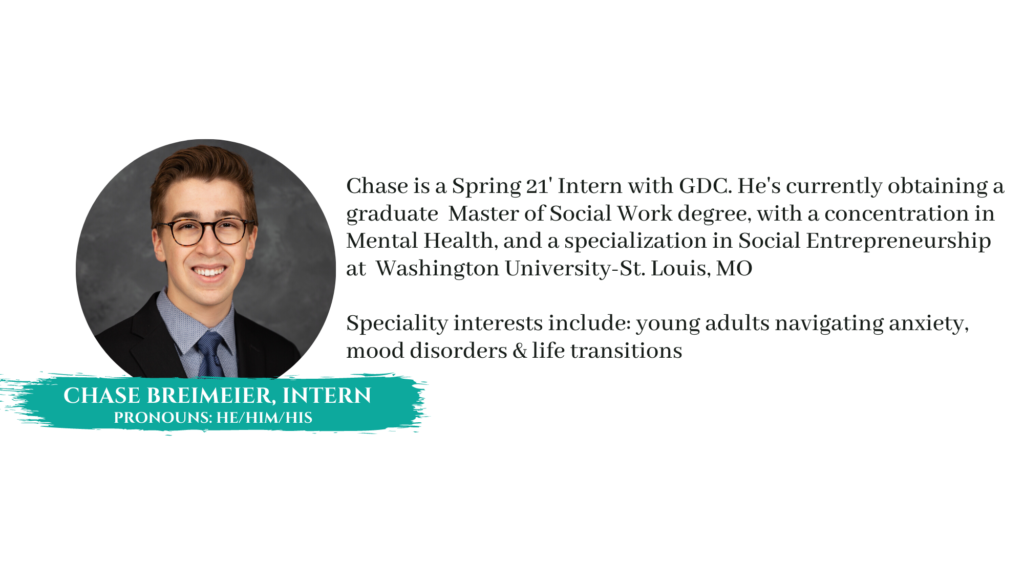During Black History Month, we have the opportunity and privilege to celebrate and honor the Black and African Americans who have worked courageously to push our nation toward a brighter future. In remembering these individuals, however, our society tends to focus primarily on their accomplishments while often neglecting to understand their personal stories. In other words, we likely know much more about what they did than who they were.
In order to understand a couple of these social justice leaders on a more personal level, showcase their character and strength, and honor them beyond their accomplishments, here are the mental health experiences of two key Black activists:
Dr. Martin Luther King Jr. (1929 – 1968)
Arguably the most notable figure in the Civil Rights Movement, Dr. King is often known for his role as an activist, minister, and advocate of peaceful protest. However, most people are less familiar with his personal life. Throughout his childhood and adolescence, Dr. King struggled with his mental health, especially pertaining to the loss of his grandmother. In adulthood, Dr. King continued to struggle with his mental health and experienced periods of severe depression.
The power in Dr. King’s story resides in the fact that despite his own personal battle with mental illness, he continued to lead the fight alongside Black and African Americans with the hopes that they could change the future of their country. His steadfast commitment to his vision of equality and equal treatment for all is a testament to his character, determination, and perseverance.
Moreover, some historians believe that Dr. King’s success can be partially attributed to an extreme form of empathy that he possessed, which is sometimes found among those with depression. With this in mind, it is clear that mental health challenges can be sources of strength and provide individuals with opportunities for growth and success.
Maya Angelou (1928 – 2014)
Often remembered as a poet and memoirist, Angelou was an activist who also struggled with her mental health. The physical and psychological trauma of her childhood caused her to have an anxiety disorder known as selective mutism. This disorder limited her ability to speak, and she was mute for a period of almost five years. It was during this time, however, that her memorizing, observing, and listening skills improved. She also began to develop a more intense love for books.
Just like the story of Dr. King, the story of Angelou is very powerful because of her refusal to let her challenges with mental health define her as a person. She fervently pursued her passion for the arts and literature into adulthood, which ultimately speaks to her perseverance, tenacity, and talent. She ended up having a successful career and played a substantial role in the Civil Rights Movement.
While it is incredibly important to recognize and celebrate the accomplishments of Black and African Americans during Black History Month—as well as during the other eleven months of the year—I believe that it is also truly worthwhile to take time to better understand their personal stories. By learning more about the lives of Black activists, such as Dr. King and Maya Angelou, we can gain a newfound sense of appreciation for these individuals and find inspiration to act with courage and resilience in our own lives.
Journal questions to #takethewheel:
- What do the personal stories of Dr. Martin Luther King Jr. and Maya Angelou mean to you as we celebrate Black History Month?
- As you continue to navigate your own personal mental health journey, how can you learn from and draw upon the mental health experiences of Dr. Martin Luther King Jr. and Maya Angelou?

